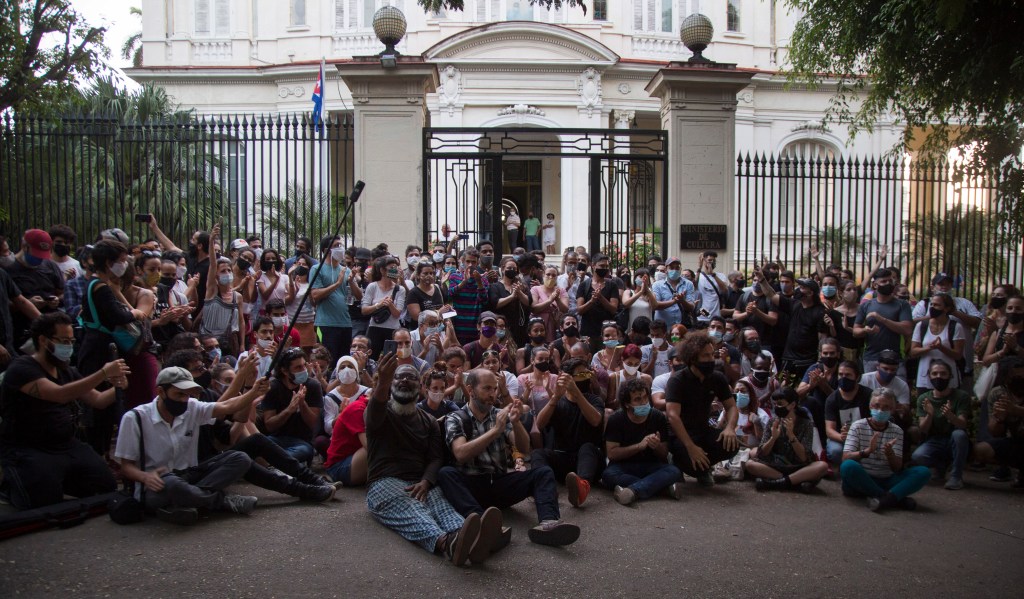Miami, November 30, 2020 – Cuban authorities should stop harassing journalists and allow all citizens to access the internet without restriction, the Committee to Protect Journalists said today.
Since November 26, amid protests following the arrest of artist Denis Solís of the San Isidro Movement, a local freedom of expression and artistic freedom group, Cuban authorities have obstructed members of the press from doing their jobs, and have intermittently blocked access to Facebook, Twitter, WhatsApp, Telegram, and Instagram, according to news reports and four local journalists who spoke with CPJ via messaging app but asked to remain anonymous, citing security concerns.
“Blocking social media sites and messaging apps in order to obstruct coverage of protests has drawn even more attention to those demonstrations, and highlighted the Cuban government’s absolute disdain for freedom of speech,” said CPJ Central and South America Program Coordinator Natalie Southwick, in New York. “This is a new low for the Cuban regime. Authorities must immediately restore regular access to the internet on the island and stop obstructing the work of the press.”
Access to social media networks was first suspended moments before police arrested San Isidro Movement activists on a hunger strike during a November 26 raid, making it “difficult to report what was happening,” according to a tweet by the Inter-American Commission on Human Rights’ Special Rapporteur for Freedom of the Press.
In the days that followed, access to social media remained unstable and all internet services were notably slower, according to two of the journalists who spoke with CPJ.
“They are totally blocking the [social media] sites for a few hours, and then most of the time they work intermittently. And the internet is very, very, very slow,” one said. A journalist confirmed with CPJ today that they were only able to access social media websites by using VPN (virtual private network) software.
Police have also physically prevented journalists from leaving their homes, according to the journalists who spoke to CPJ and posts on Twitter by Luz Escobar, a reporter for the independent Cuban news website 14yMedio, and Esteban Rodríguez, a contributor to the news website ADNCuba.
One journalist who spoke with CPJ said they believed they were being surveilled, and that two men were following them everywhere they went.
CPJ called ETECSA, the Cuban telecommunications regulator, for comment, but no one answered. CPJ emailed the National Revolutionary Police and the Ministry of the Interior for comment, but did not receive any responses.
Cuba ranked 10th on CPJ’s 10 Most Censored list, the only country in the Americas to be included.
